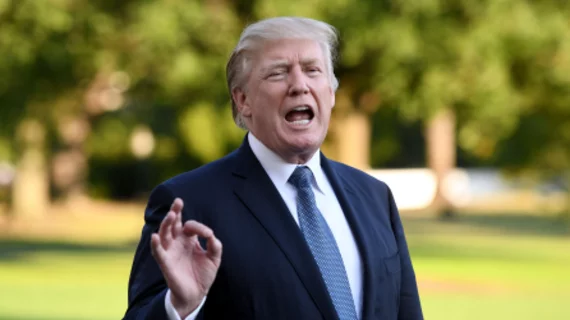Trump administration halts public communications from health agencies
The Trump administration has instructed the U.S. Department of Health and Human Services (HHS)—including the Food and Drug Administration (FDA) and Centers for Disease Control and Prevention (CDC)—to pause all external communications with the public.
The Washington Post was the first to report the news, citing “nearly a dozen current and former officials and other people familiar with the matter.” The hold extends to health advisories, scientific reports, website updates and social media posts. Sources told the Post they expected some pause for review during the transition but were confused by the scope of this moratorium.
It’s unclear how long the agencies will have to remain silent, and no one who spoke to reporters is sure if urgent communications also are on hold.
The CDC was scheduled to release an update on the H5N1 avian influenza virus outbreak this week, which now may be delayed. Sources said the agency also was ordered to halt its regular Morbidity and Mortality Weekly Report.
The order reportedly came from HHS Deputy Chief of Staff Stefanie Spear, who joined the agency last week. President Trump’s pick for HHS secretary, Robert F. Kennedy Jr., has yet to be confirmed by the U.S. Senate.
Sources provided different explanations for the order. One who spoke with the Post on the condition of anonymity said it “seemed more about letting them catch their breath and know what is going” with regard to communications. Another said they thought the pause was a result of a messy transition process and disorganization.
The Post added that, at the beginning of Trump’s first term, administration officials also asked employees at multiple agencies to cease communicating with the public, including the Environmental Protection Agency (EPA). However, HHS was not known to be under any such rule at the time.
HealthExec reached out to HHS for comment, though the Post noted it did not receive a reply.
Very few organizations have commented on the report, with the only notable statement coming from the de Beaumont Foundation, a health policy nonprofit, whose CEO Brian Castrucci, MD, told CNN a “temporary pause in the flow of health information should not be cause for concern.”
“The question is how extensively is that pause enforced? If there is something that requires immediate action, it needs to be communicated because lapsed time means lost lives,” Castrucci added.
HealthExec also has reached out to the de Beaumont Foundation for further comment.

